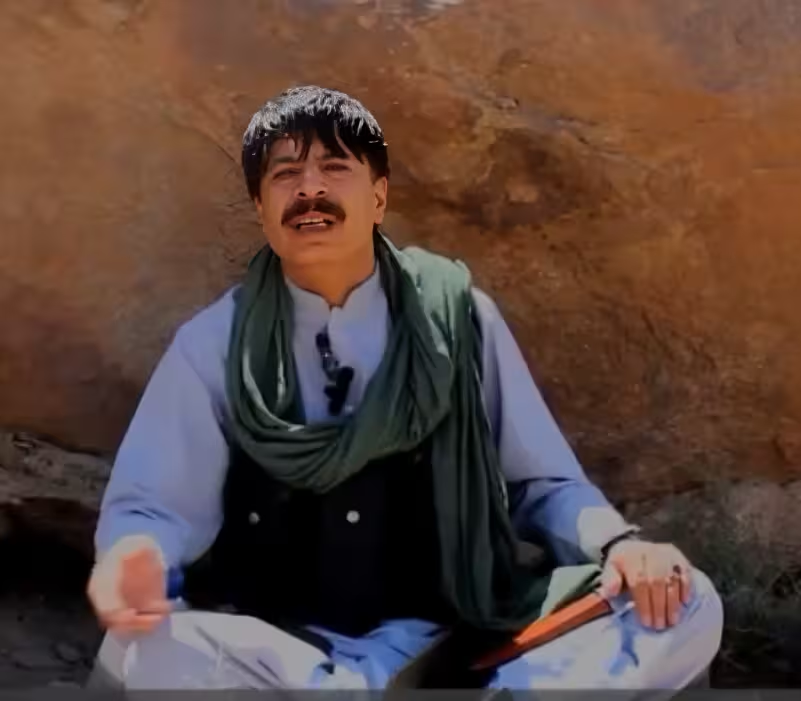
The Baloch Liberation Army (BLA) has long been a controversial entity in South Asia
Terrorism Rebellion or Diplomacy? – The Baloch Liberation Army (BLA) has long been a controversial entity in South Asia. Its recent attacks, including the hijacking of the Jaffar Express, have reignited debates about whether the group is a terrorist organization, a rebel force, or a political movement seeking diplomatic recognition.
Pakistan views the BLA as a security threat, while Baloch activists argue that the group represents a legitimate struggle for self-determination. Meanwhile, India and other global players remain cautious about their stance on the insurgency.
Table of Contents
Pakistan’s Perspective: BLA as a Terrorist Organization
Pakistan officially designates the BLA as a terrorist group, citing its attacks on military installations, infrastructure, and civilians. The Pakistani government argues that the BLA’s actions disrupt national security and hinder economic development, particularly in Balochistan, where China’s “China-Pakistan Economic Corridor (CPEC)” investments are concentrated.
Pakistani officials claim that the BLA receives foreign backing, possibly from adversaries seeking to destabilize the country. They argue that Balochistan’s unrest should be addressed through political dialogue and economic development, rather than armed insurgency.
India’s Strategic Caution
New Delhi has traditionally taken a cautious approach to Balochistan, despite the BLA’s calls for India to act decisively against Pakistan. Openly backing Baloch rebels, according to some Indian strategists, might worsen diplomatic ties and increase tensions with Pakistan.
Instead, India may prefer to focus on counterterrorism efforts and regional stability, rather than direct involvement in Balochistan’s insurgency. However, the BLA’s accusations against Pakistan’s Inter-Services Intelligence (ISI)—alleging its role in fostering terrorist groups like Lashkar-e-Taiba and Jaish-e-Mohammad—could influence India’s strategic calculations.
Human Rights Concerns
International human rights organizations have raised concerns about civilian casualties and forced disappearances in Balochistan. While the BLA claims to fight for Baloch self-determination, critics argue that violent insurgency may not be the best path forward.
Some advocate for peaceful negotiations and international mediation to resolve the conflict without further bloodshed. The Baloch Yakjehti Committee (BYC), a civil rights movement, has faced pressure to condemn BLA attacks but activists argue that such demands sidestep the real issues of political marginalization and economic neglect.
China’s Economic Interests
China, a major investor in Pakistan’s CPEC, views Balochistan’s instability as a threat to its infrastructure projects. Beijing has urged Pakistan to strengthen security measures to protect its investments, arguing that BLA attacks disrupt economic progress.
Some analysts believe that China’s involvement could lead to harsher crackdowns on Baloch militants, further escalating tensions in the region.
Conclusion – Terrorism Rebellion or Diplomacy?
The BLA’s actions continue to fuel debates on terrorism rebellion or diplomacy. As Pakistan grapples with internal unrest, India and the global community face critical decisions regarding their engagement with the Baloch insurgency.
Will this escalation lead to a regional shift in alliances and security policies? Only time will tell.
Stay updated with the latest news on Rapido Updates. Keep yourself updated with The World, India News, Entertainment, Market, Gadgets, and many more.
1 thought on “Terrorism Rebellion or Diplomacy? The Contested Perspectives on BLA Actions”